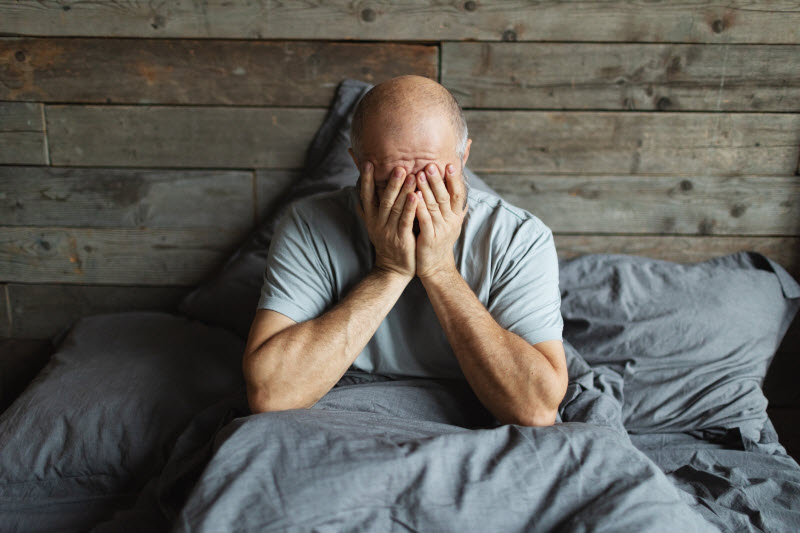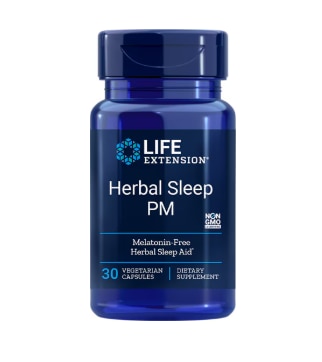Good sleep improves brain performance, mood and health, according to the National Institutes of Health. On the other end of the spectrum, not regularly enjoying a good night’s sleep increases the risk of various disorders and diseases.
It’s the negative effects of poor sleep quality that worry researchers who study Alzheimer’s disease and other dementia-related disorders.
“Sleep worsens as we age, and that’s a normal part of the aging process. Unfortunately, I’m sorry to say, poor sleep is a risk factor for dementia,” said cognitive neuroscientist Audrey Duarte, a professor of psychology at the University of Texas at Austin whose research involves studying connections between sleep and dementia.
Duarte said her research has shown frequent night-to-night variations in sleep can lead to poor memory performance, particularly among older people.
“We have also shown that when people are engaged in a memory task — we have them try to learn new information — the level of brain activity that supports memory is lowest in people with the lowest sleep stability,” she added.
Studies show strong link between dementia and sleep
Whether you’re dealing with a lot of tossing and turning at night or, worse yet, severe insomnia, a lack of high-quality sleep can elevate your dementia risk. As explained by the National Institutes of Health (NIH), dementia refers to a loss of cognitive functioning — thinking, remembering and reasoning — that interferes with someone’s day-to-day life. Alzheimer’s disease is the No. 1 cause of dementia.
According to Washington University medical school in St. Louis, poor sleep “is a hallmark of Alzheimer’s disease. People with the disease tend to wake up tired, and their nights become even less refreshing as memory loss and other symptoms worsen.”
The Mayo Clinic says sleep trouble may affect up to one-fourth of people with mild to moderate Alzheimer’s and about 50% of people with moderate to severe Alzheimer’s.
A host of research backs up the strong association between sleep and dementia:
A study published in 2021 by the journal Nature Communication found that people in their 50s and 60s who slept six hours or less per day were at greater risk of developing dementia later on, according to NIH. Compared with people who slept at seven hours of sleep, those who slept six hours or less were 30% more likely to be diagnosed with dementia.
A study that appeared in 2023 in the American Journal of Preventive Medicine showed experiencing insomnia and using sleep medication might raise someone’s dementia risk. “On the basis of the current evidence, sleep disturbances should be considered when assessing the risk profile for dementia,” the study says.
Sleeping at least eight hours per day was associated with a 64% higher risk of dementia, according to a study published in 2024 by the journal Psychiatric Research. Meanwhile, sleeping less than seven hours a day was linked to a higher risk of dementia risk in people under age 70.
In a nearly six-year Mayo Clinic study of more than 2,100 people who were between 70 and 89 years old at the outset of the study, those who had one of two types of mild cognitive impairment had an 80% higher death rate during the study than those without mild cognitive impairment, such as memory loss. Results of the study were released in 2014.
In a study published in 2025 by the journal Neuropathy, women in their 80s who experienced an increasing number of 24-hour periods of sleepiness over five years had doubled their risk of dementia.
10 tips for better sleep
Regardless of whether you’re 18 or 80, getting a good night’s sleep supplies a number of benefits. Here are 10 sleep tips from NIH that might help ward off dementia.
- Maintain a consistent sleep schedule. Go to bed and wake up at the same time every day, even on the weekends.
- Exercise every day, but not close to bedtime.
- Head outdoors. Bask in sunlight at least 30 minutes a day.
- Stay away from nicotine and caffeine. Both are stimulants that can make it harder to fall asleep.
- Limit your naps. Don’t take naps after midafternoon, and make sure they’re short.
- Avoid alcohol and big meals before bedtime. Both can prevent deep, restorative sleep.
- Restrict use of electronics before bed. Too much light coming from the screens of an electronic device or a TV can cause trouble with falling asleep or staying asleep. Rather than staring at an electronic screen before bedtime, read a book, listen to soothing music or engage in another relaxing activity.
- Keep the temperature in your bedroom as cool and dark as possible.
- Put your cellphone on silent mode.
- Don’t lie in bed too long if you can’t fall asleep. If your sleeplessness hits the 20-minute mark, get out of bed and do something to help relax.




